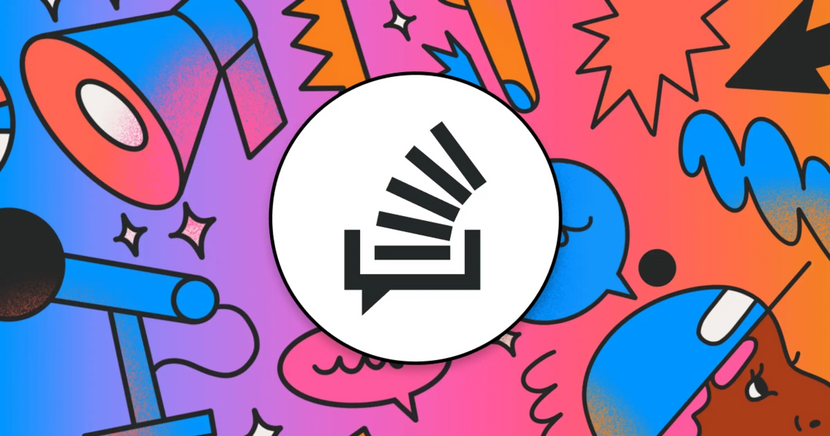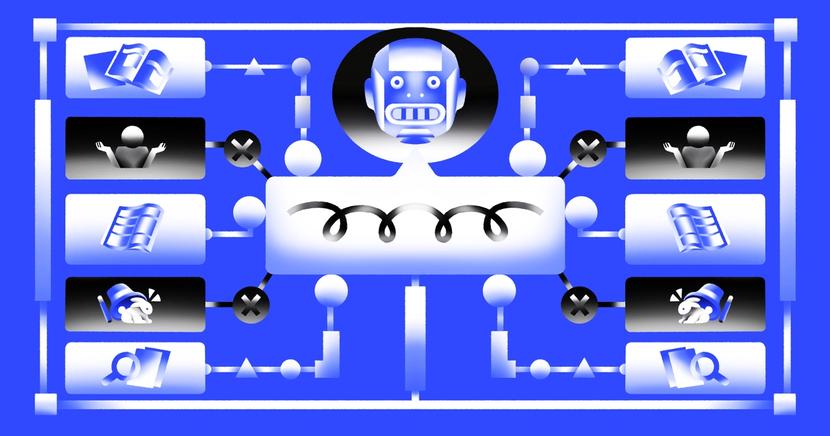“The future is agents”: Building a platform for RAG agents
Douwe Kiela, CEO and cofounder of Contextual AI, joins Ryan and Ben to explore the intricacies of retrieval-augmented generation (RAG). They discuss the early research Douwe did at Meta that jump started the whole thing, the challenges of hallucinations, and the significance of context windows in AI applications.



